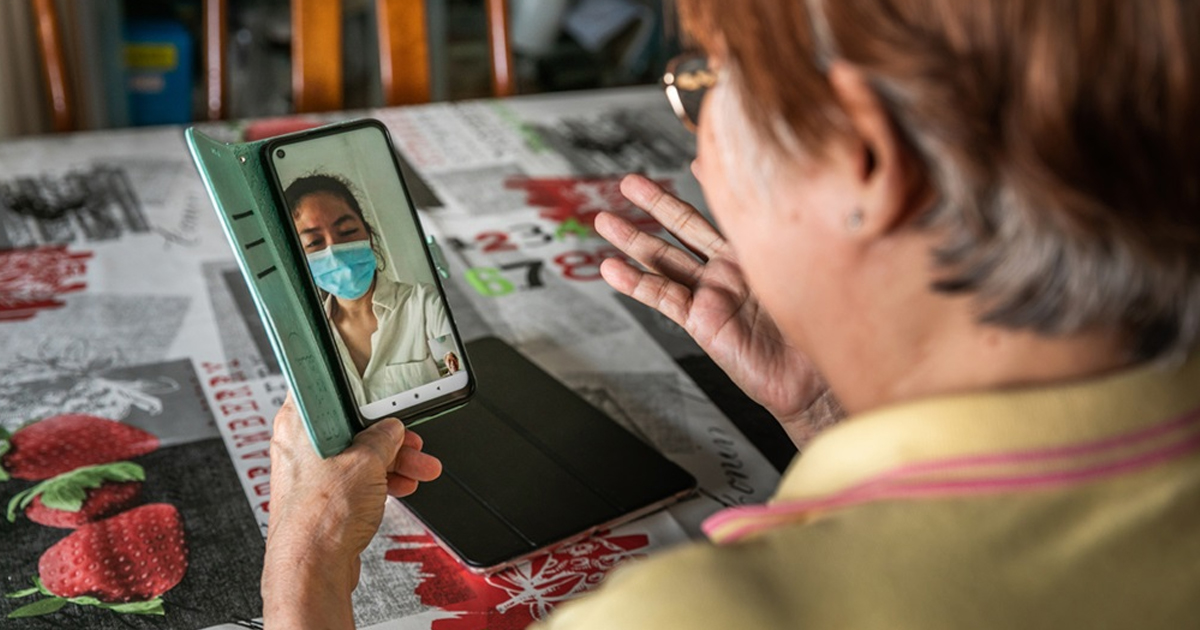Obesity, the clinical history of parents and genes play an important role in the development of T2D. However, the influence of each factor is not clear. This study aims to investigate the influence of obesity (body mass index [BMI], waist / hip ratio), pH and 16 single nucleotide polymorphisms (SNP) associated with T2D in the variability of T2D in Mexico, comparing 1234 controls non-diabetics and 1219 diabetic patients.

The etiology of Type 2 Diabetes (T2D) includes factors such as genetics and predisposition, ethnicity, poor nutrition, sedentary lifestyle ethyl, obesity and Dilipidemia. Several studies referring to hereditary cases of diseases have indicated that Type 2 Diabetes (T2D) is strongly heritable, in 25%. However, there is little information related to heritability in families without the presence of twins, without knowing how much of this is derived from genetics and other inheritance factors, such as epigenetics.
Historical linkage studies, candidate genes and genome association studies (GWAS) have discovered more than 100 gene variants associated with T2D. However, the influence of these genes on the disease is unclear.

Mexico is experiencing the fastest increase ever recorded in the number of children and adults with cases of T2D, and now ranks second in Latin America and the sixth in the world in prevalence of T2D, with almost 11.5 million people affected.
Of the 1250 controls and 1250 cases included in the main case-control study, 16 controls and 31 cases were excluded due to the poor quality of their DNA samples.
After the exclusion, there were a total of 1219 cases and 1234 controls. All 2453 participants were included for SNP and BMI analyzes; however, only 2043 were included in the T2D PH analysis, and only 1723 were included in the WHR analysis based on waist circumference and hip circumference, since data from some participants were missing.
Our findings clearly showed that the role played by the factors studied (obesity, HP and genes) in the variability of T2D is not the same in all age groups in Mexico. While the influence of paternal history of diabetes and genes decreased as the age of presentation of T2D increased, the influence of obesity remained more or less constant in all ages of the presentation of the disease.






